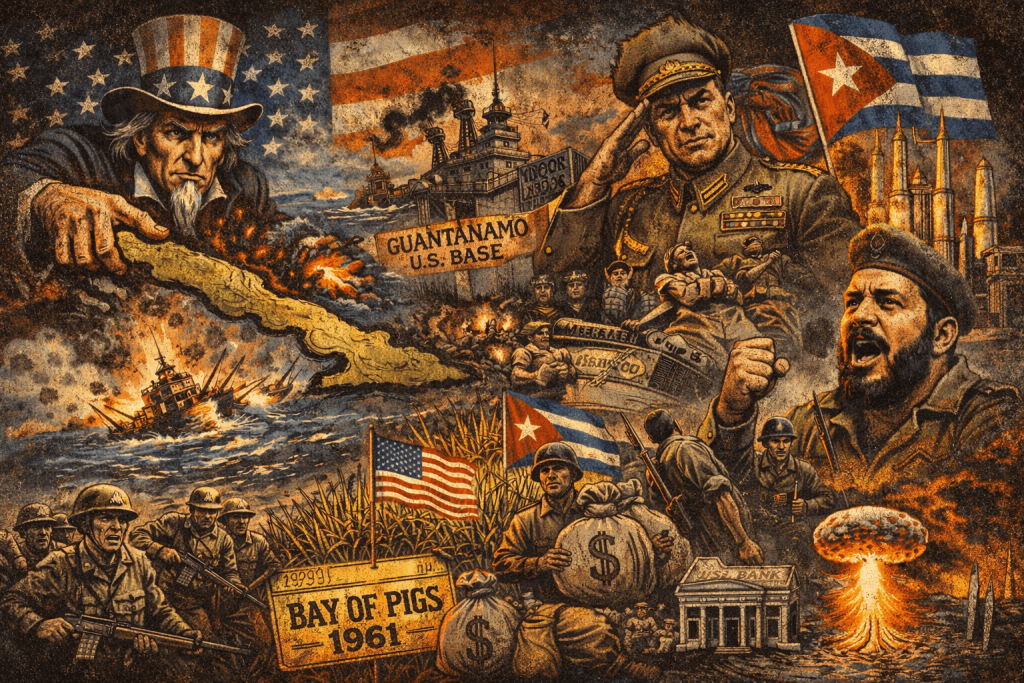When the great cancel culture era unraveled and Trump emerged from its wake, things felt victorious. Now, in the aftermath of Charlie Kirk’s heinous assassination, we are cautioned that we might be turning into the same beast we have just slain.
When there are pivotal moments in American history such as the other day we are afforded an opportunity to, briefly, peer under the hood and take a moral inventory of sorts and modify which cogs and gears are spinning and which hands are afforded access to various levers.
In every such instance (BLM, Covid) liberals have afforded themselves this very same opportunity and conservatives were purged.
Now that the issue is Political Assassination, conservatives have a duty to afford ourselves of this brief access. These moments don’t last in the United States. They shape her future.
Let’s evaluate whether the sort of actions taken against liberals by conservative activists at all mirror the sorts of moves taken by liberals when they were in power. Is this the “woke right” or is it something entirely different?
The difference in kind
For one thing, there is a difference in quality. When the liberals were working to purge conservatives from employment they were targeting individuals who made mostly vanilla political statements. Often, these amounted to denials of LGBTQ framing along the lines of gender. Chiefly, they refused to declare that a man may become a woman or that a woman may become a man.
At their “worst” these commentators might have bemoaned the heavy concentration of crime and murder among the African American population, particularly in urban environments.
But what have conservatives sought to have liberals canceled for? For the celebration of outright murder. For the reveling in a fountain of blood. For cheering on the assassination of a young father.
Are these things really the same?
Methods and predicates
The mechanics may look alike. Public call outs. Emails to HR. Platform moderation. Advertiser pressure. That is method and methodology.
Predicate is the reason. Punishing disagreement about policy is ideological policing. Punishing the glorification of assassination guards the taboo against political violence.
If we blur these categories, rules give way to chaos. Nobody can know in advance what is forbidden. That is the first step toward nihilism.




